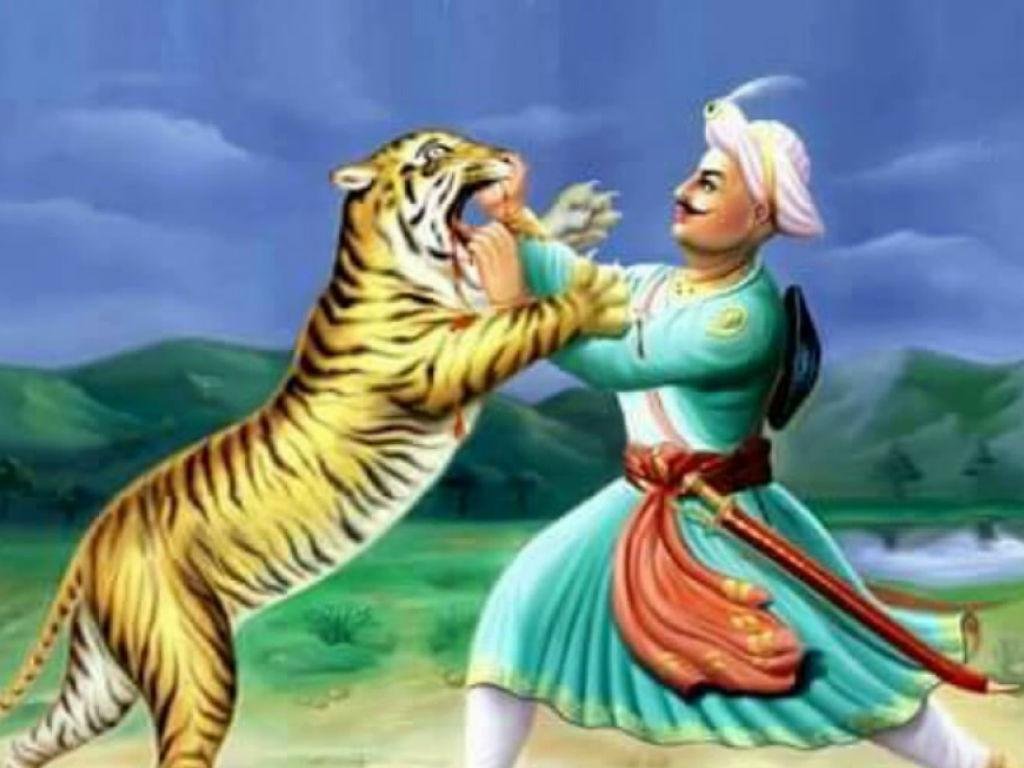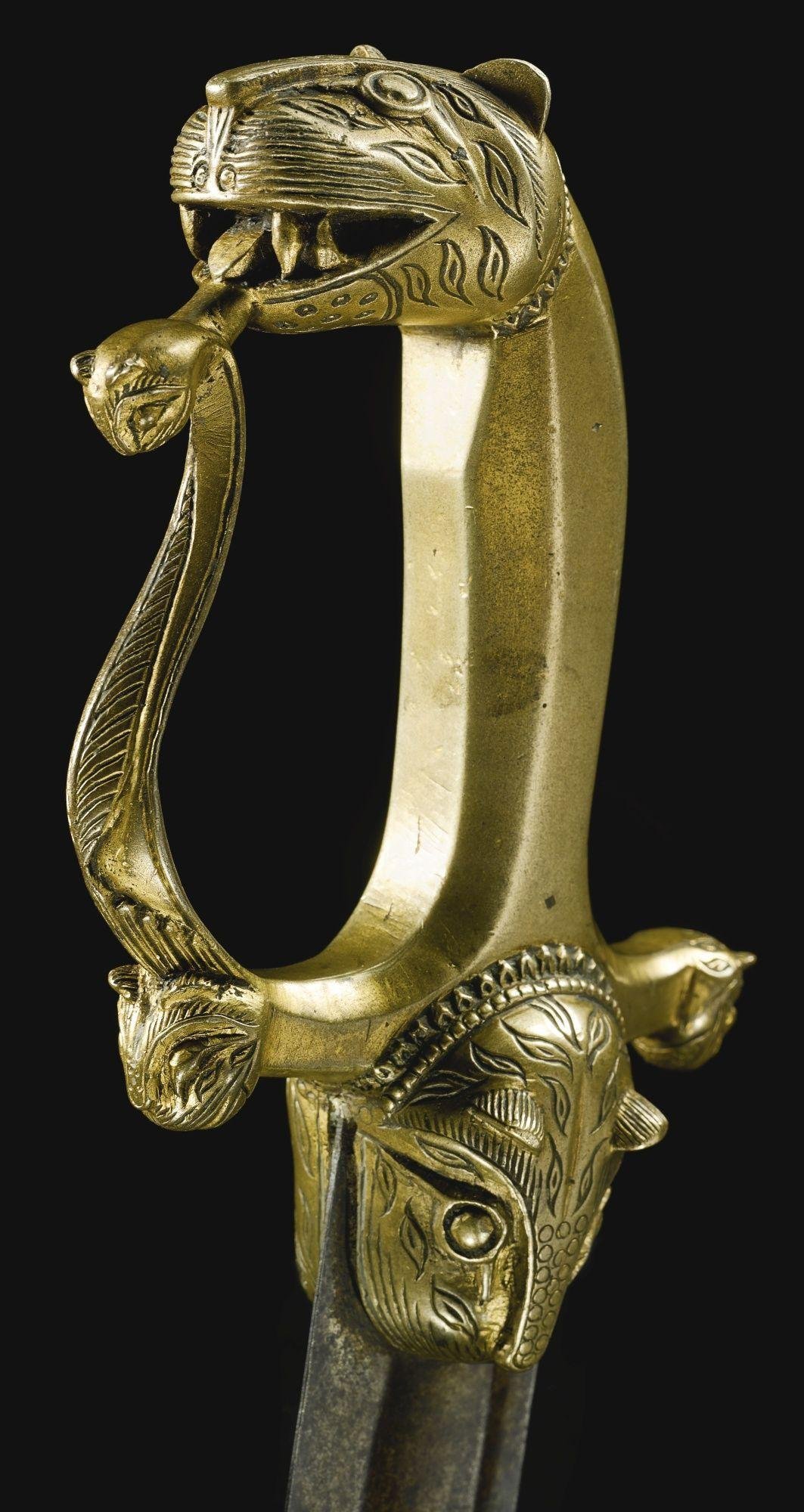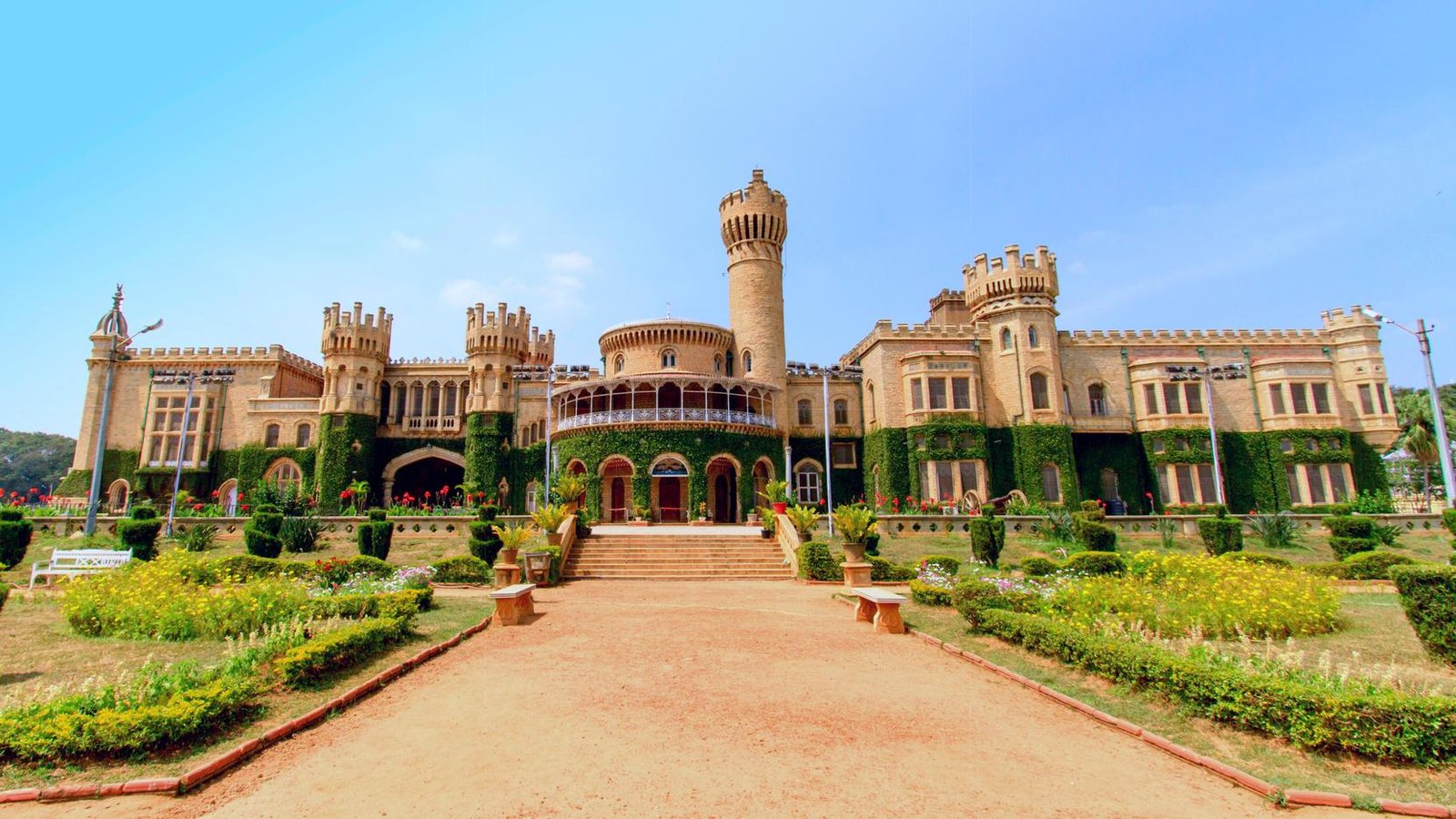Tipu Sultan and Sword Auction 2023: Tipu Sultan, also known as Sultan Fateh Ali Sahab Tipu or the Tiger of Mysore, was a prominent ruler and military strategist who reigned over the Kingdom of Mysore in southern India from 1782 to 1799. He was born on November 20, 1750, in Devanahalli, Mysore (present-day Karnataka, India), and died on May 4, 1799, during the Fourth Anglo-Mysore War.
Who is tipu sultan?
Tipu Sultan was the eldest son of Sultan Hyder Ali, who was the ruler of Mysore before him. He received an excellent education and displayed a keen interest in military affairs and administration from an early age. When he ascended to the throne after his father’s death in 1782, Tipu Sultan faced significant challenges, including external threats from the British East India Company and internal opposition from other regional powers.

Tipu Sultan was also known for his administrative reforms and patronage of arts and culture. He implemented policies to promote trade, agriculture, and industries in his kingdom, including the introduction of new crops and irrigation systems.
Who killed tipu sultan?
He fought a series of wars against the British, known as the Anglo-Mysore Wars, seeking to defend his kingdom’s independence.
Tipu Sultan was killed during the siege of Srirangapatna, his capital, which took place in 1799. The siege was part of the Fourth Anglo-Mysore War between the British East India Company and the Kingdom of Mysore.
During the siege, British forces led by General Sir David Baird and Colonel Arthur Wellesley (the future Duke of Wellington) breached the defenses of Srirangapatna. In the final assault on May 4, 1799, Tipu Sultan fought bravely but was eventually overwhelmed. Reports suggest that he was shot and fatally wounded during the battle.
The exact circumstances of Tipu Sultan’s death are somewhat disputed. Some accounts suggest that he died while defending his capital, while others claim that he was killed in the chaos of the final assault. Regardless of the details, it is widely accepted that Tipu Sultan died during the siege of Srirangapatna.
Where is tipu sultan sword?
The sword of Tipu Sultan is currently housed in the Victoria and Albert Museum in London, United Kingdom. The museum acquired the sword in 1880 and it has since been a part of their extensive collection. The sword is considered a significant historical artifact and is displayed in the museum’s South Asian Gallery.

Tipu Sultan Palace and the Tipu Sultan Summer Palace
Tipu Sultan’s palace, also known as the Tipu Sultan Summer Palace, is located in Bangalore (now Bengaluru), Karnataka, India. It is a historical monument that was originally constructed as the summer residence of Tipu Sultan, the ruler of the Kingdom of Mysore.
The palace is situated near the Krishna Rajendra Market (KR Market) in the Chamrajpet area of Bangalore. It was built entirely with teak wood and stands as a fine example of Indo-Islamic architecture. The palace showcases intricate carvings, arches, floral motifs, and paintings that reflect the artistic sensibilities of the time.

The construction of the palace was started by Hyder Ali, Tipu Sultan’s father, and completed by Tipu Sultan himself in 1791. The palace served as a retreat for the ruler during the scorching summer months. It consists of multiple rooms, balconies, and a central courtyard with beautiful pillars and arches.
Inside the palace, visitors can explore the various chambers, including the audience hall, the sleeping chambers, and the women’s quarters. The walls of the palace are adorned with murals depicting floral designs, animals, and battle scenes. The architectural style and design elements of the palace reflect a fusion of Indo-Islamic and Hindu influences.
Today, the Tipu Sultan Summer Palace is a popular tourist attraction and a protected monument under the Archaeological Survey of India. Visitors can explore the palace, learn about the history of Tipu Sultan, and appreciate the architectural grandeur of the structure.
What are the achievements of tipu sultan?
Tipu Sultan, also known as the Tiger of Mysore, achieved several notable accomplishments during his reign. Here are some of his key achievements:
1. Military Innovations:- Tipu Sultan is recognized for his military innovations and strategies. He introduced modern military technologies, such as the use of rockets, which proved effective in battle. He organized specialized brigades, including infantry, cavalry, and artillery units, to strengthen his army.
2. Resistance against British Expansion:- Tipu Sultan fiercely resisted British expansion in southern India. He fought a series of wars, known as the Anglo-Mysore Wars, against the British East India Company. His resistance was aimed at protecting the independence of his kingdom and thwarting British imperialism.
3. Economic and Industrial Reforms:- Tipu Sultan implemented various economic and industrial reforms in his kingdom. He promoted trade and commerce, established a network of markets, and encouraged the development of industries such as silk, textile, and arms manufacturing. He also introduced new crops and improved irrigation systems to boost agriculture.
4. Infrastructure Development:- Tipu Sultan focused on infrastructure development in Mysore. He constructed roads, bridges, and canals to improve transportation and facilitate trade. He also built forts, palaces, and public buildings, including the famous Summer Palace in Bangalore (now Bengaluru).
5. Patronage of Arts and Culture:- Tipu Sultan was a patron of arts and culture. He supported scholars, poets, and artists, and encouraged the development of literature, music, and painting in his kingdom. He promoted the use of the Persian language and sponsored the translation of Hindu religious texts into Persian.
6. Diplomatic Relations:- Tipu Sultan established diplomatic relations with foreign powers, including France and the Ottoman Empire. He sought alliances to strengthen his position against the British. He received military and financial assistance from the French during his wars with the British.
7. Administrative Reforms:- Tipu Sultan introduced administrative reforms to improve governance in his kingdom. He implemented a systematic revenue collection system, introduced a new currency, and focused on the welfare of his subjects. He also established a centralized administration to streamline governance.
8. Educational Initiatives:- Tipu Sultan emphasized the importance of education and took steps to promote learning. He established schools and libraries and provided scholarships to students. He encouraged the study of science, mathematics, and other subjects in his kingdom.

